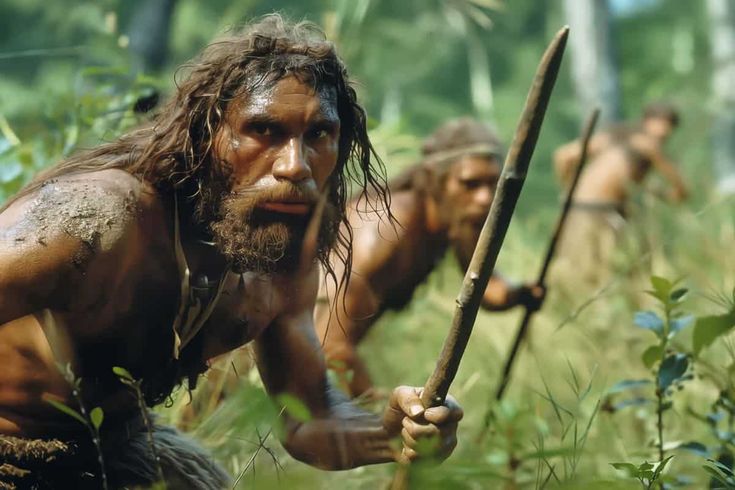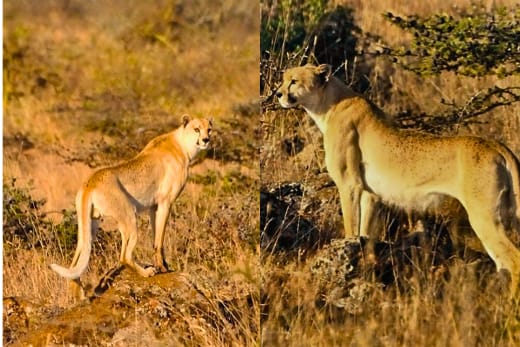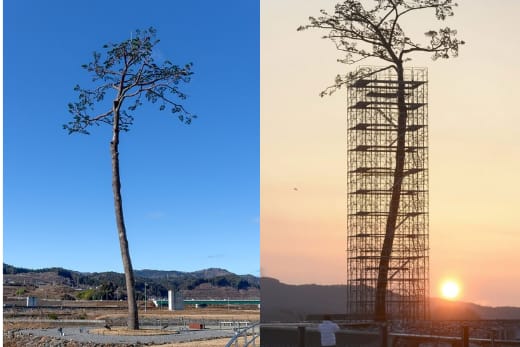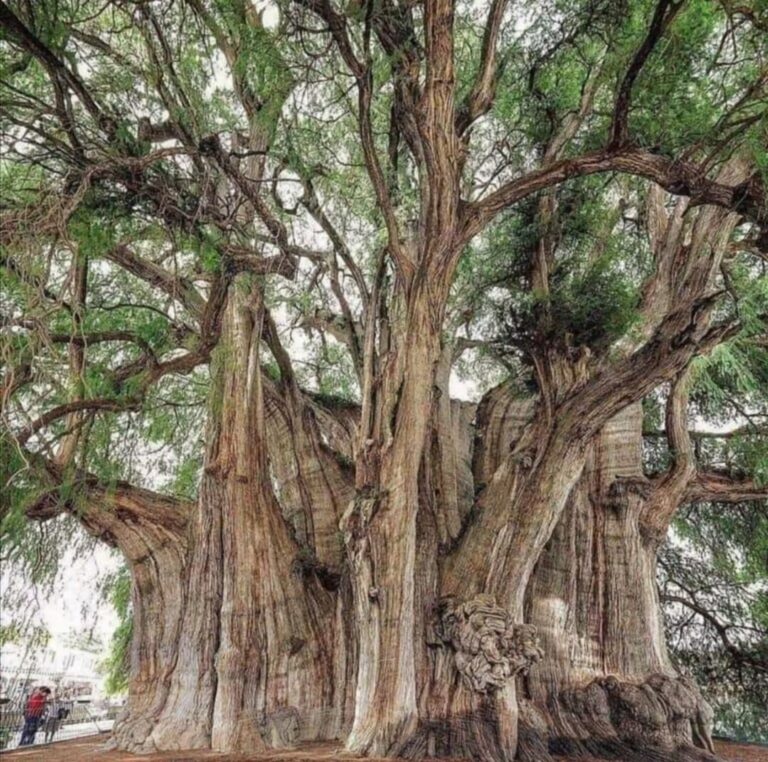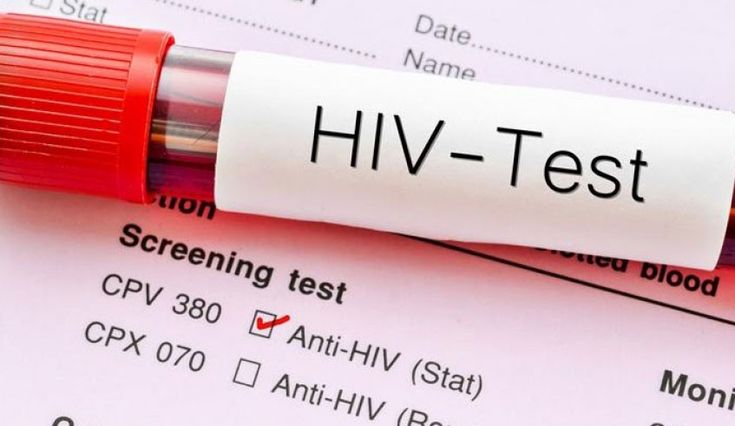Imagine a world where humans almost didn’t make it—a world where the entire future of our species came down to just over a thousand individuals. It may sound like science fiction, but according to groundbreaking genetic research, this is exactly what happened around 800,000 years ago.
The Genetic Bottleneck: A Brush with Extinction
In a study published in the journal Science, researchers analyzing human DNA discovered that early human ancestors experienced a severe population bottleneck. At one point, the entire global population of our direct ancestors shrank to only about 1,280 breeding individuals.
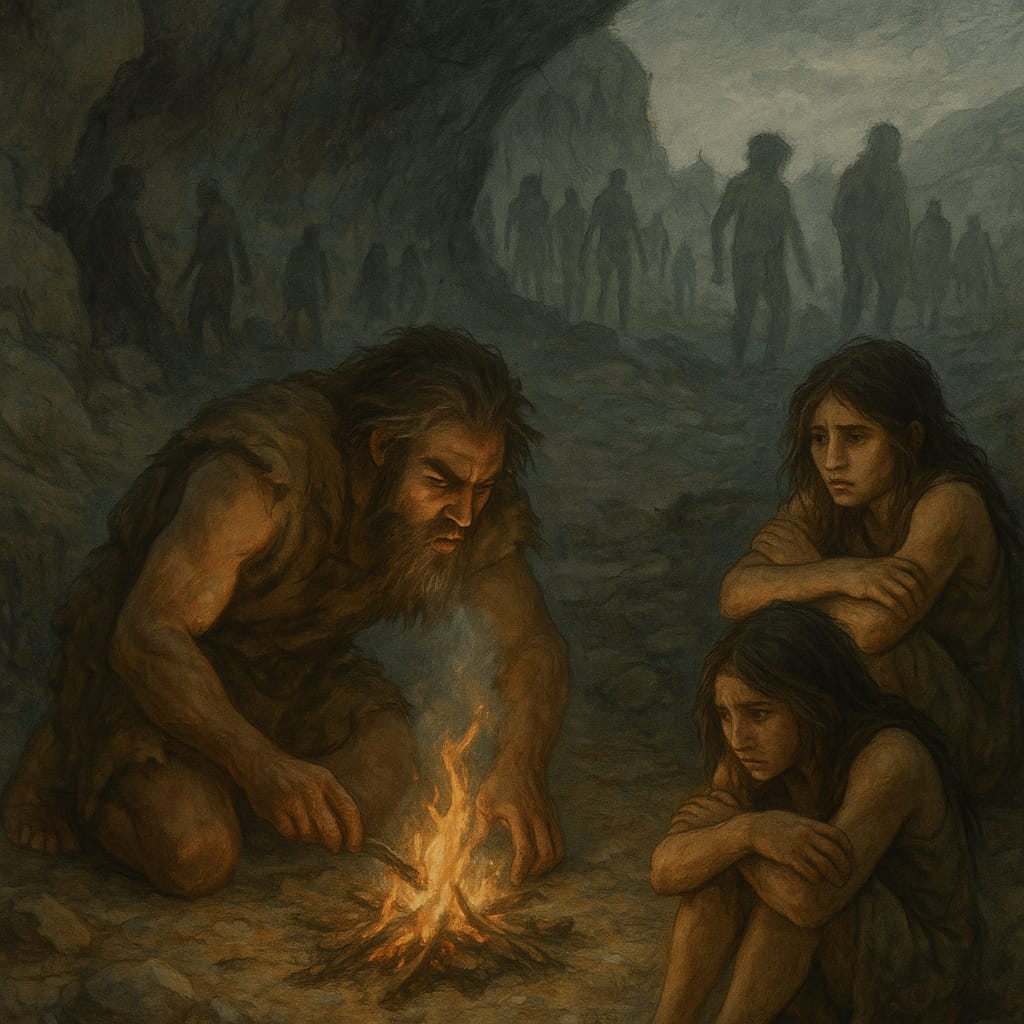
This genetic bottleneck lasted for roughly 117,000 years. During this time, humanity teetered on the edge of extinction. Giorgio Manzi, an anthropologist at Sapienza University of Rome and a co-author of the study, highlighted the significance of this finding by connecting it to the archaeological record.
“The gap in the African and Eurasian fossil records can be explained by this bottleneck in the Early Stone Age,” he stated, noting that the timeline “coincides with this proposed time period of significant loss of fossil evidence.”
How Did Scientists Discover This?
Scientists used a sophisticated new method called FitCoal (fast infinitesimal time coalescent process) to analyze the DNA of over 3,150 present-day individuals. This allowed them to look back at genetic mutations over time, reconstructing human ancestry and estimating population sizes in the distant past.
What they found was astonishing: a massive drop in genetic diversity that could only be explained by a drastic reduction in population size—one so severe that it left a permanent mark on our genetic code.
The discovery prompted new inquiries into our evolutionary past. As senior author Yi-Hsuan Pan, a specialist in human evolution, explained, “The novel finding opens a new field in human evolution because it evokes many questions, such as the places where these individuals lived, how they overcame the catastrophic climate1 changes, and whether natural selection during the bottleneck has accelerated the evolution2 of the human brain.”
What Caused the Population Collapse?
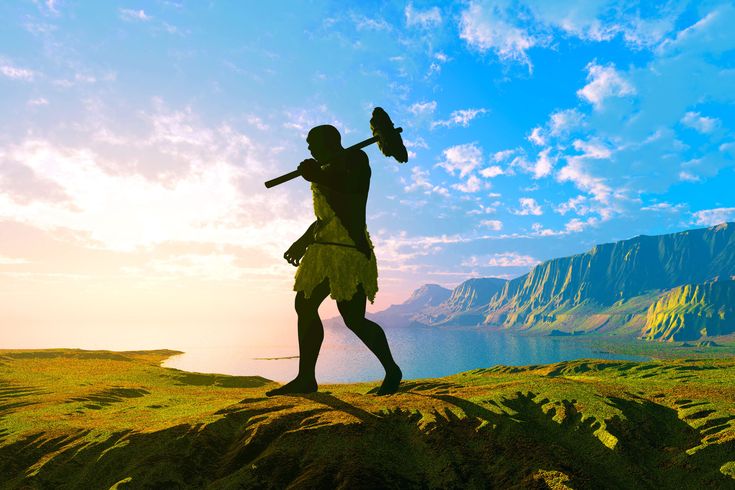
While the exact cause is still uncertain, scientists suspect dramatic climate change, volcanic eruptions, or long periods of environmental instability played a role.
During this time, Earth was going through a period of extreme glaciation and shifting ecosystems, which may have made survival incredibly difficult for early humans. If just a few more individuals had died without reproducing, modern humans might never have existed.
Some theories also suggest that competition with other hominins, diseases, or scarcity of food sources could have contributed to the collapse. The answers to the questions raised by this research will continue to unravel the profound mystery of our shared ancestry.
